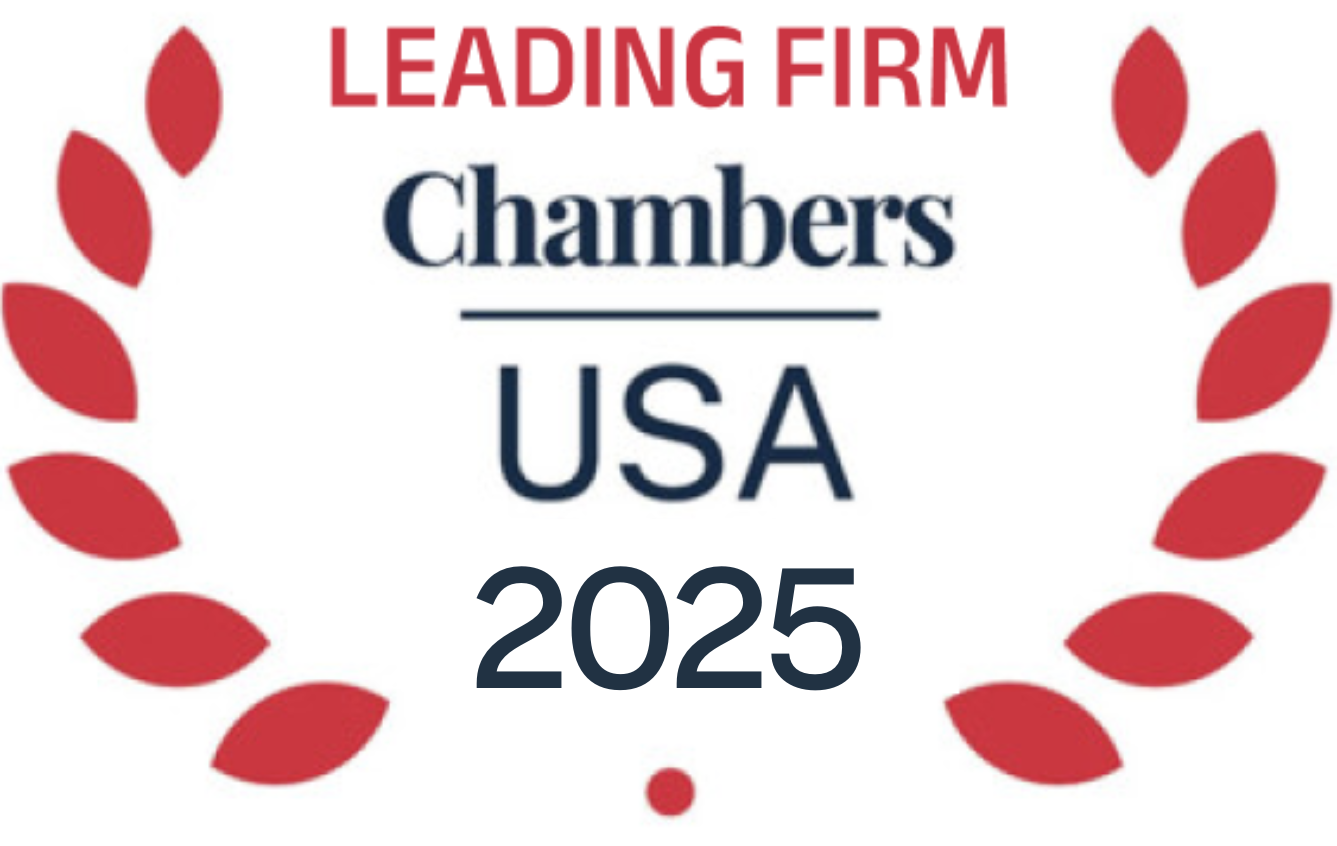
California Professional Exemption (2023)
California exempt employees & the professional exemption
Some employees, know as “California exempt employees,” are not required to be paid the California minimum wage or California overtime rates under the California labor code. While there is both a federal and California professional exemption, California has its own requirements for an employee to be classified as exempt.
When a California employer classifies a professional worker as “exempt” when they don’t meet the requirements for exemption under California labor law, the employer has misclassified the employee as exempt. The California labor code penalties for misclassification can be substantial. For example, the California independent contractor misclassification penalty is up to $25,000 per misclassified worker.
What is the California professional exemption?
The California professional exemption generally applies to licensed employees, such as lawyers, doctors, dentists, optometrists, architects, engineers, teachers, or accountants. It may also include creative professionals engaged in a learned or artistic profession, such as music, writing, theater, or graphic arts.
To be considered exempt under the 2023 California professional exemption, the employee must:
-
- Earn a salary of more than $64,480 per year;
- Perform tasks which are intellectual, creative, and vary in nature (as opposed to routine mental, manual, mechanical, or physical work); and
- Exercise discretion and independent judgment in the performance of their duties.

Federal law has a similar federal professional exemption.
Find out if you're misclassified as a California exempt professional employee:
Learn More about California Exempt Employee Law
California Executive Exemption
California Administrative Exemption
California Professional Exemption
Our Attorneys Who Represent California Professional Employees
Steven Tindall
Steven specializes in employment litigation and has been lead or co-lead counsel on several cases that resulted in settlements of over $1 million.
View full profileAmanda Karl
Amanda represents employees, consumers, and sexual assault survivors in complex class actions. She also leads the firm’s Voting Rights Task Force.
View full profileSteve Lopez
Steve represents consumers, employees, and whistleblowers harmed by corporate misconduct in a variety of complex litigation cases.
View full profileLinda Lam
Linda focuses her practice on representing consumers, small businesses, and employees in complex litigation.
View full profileOur California Employment Practice
About Us
Classified as a California Exempt Professional?
You may be misclassified. Contact us for a no cost consultation.




